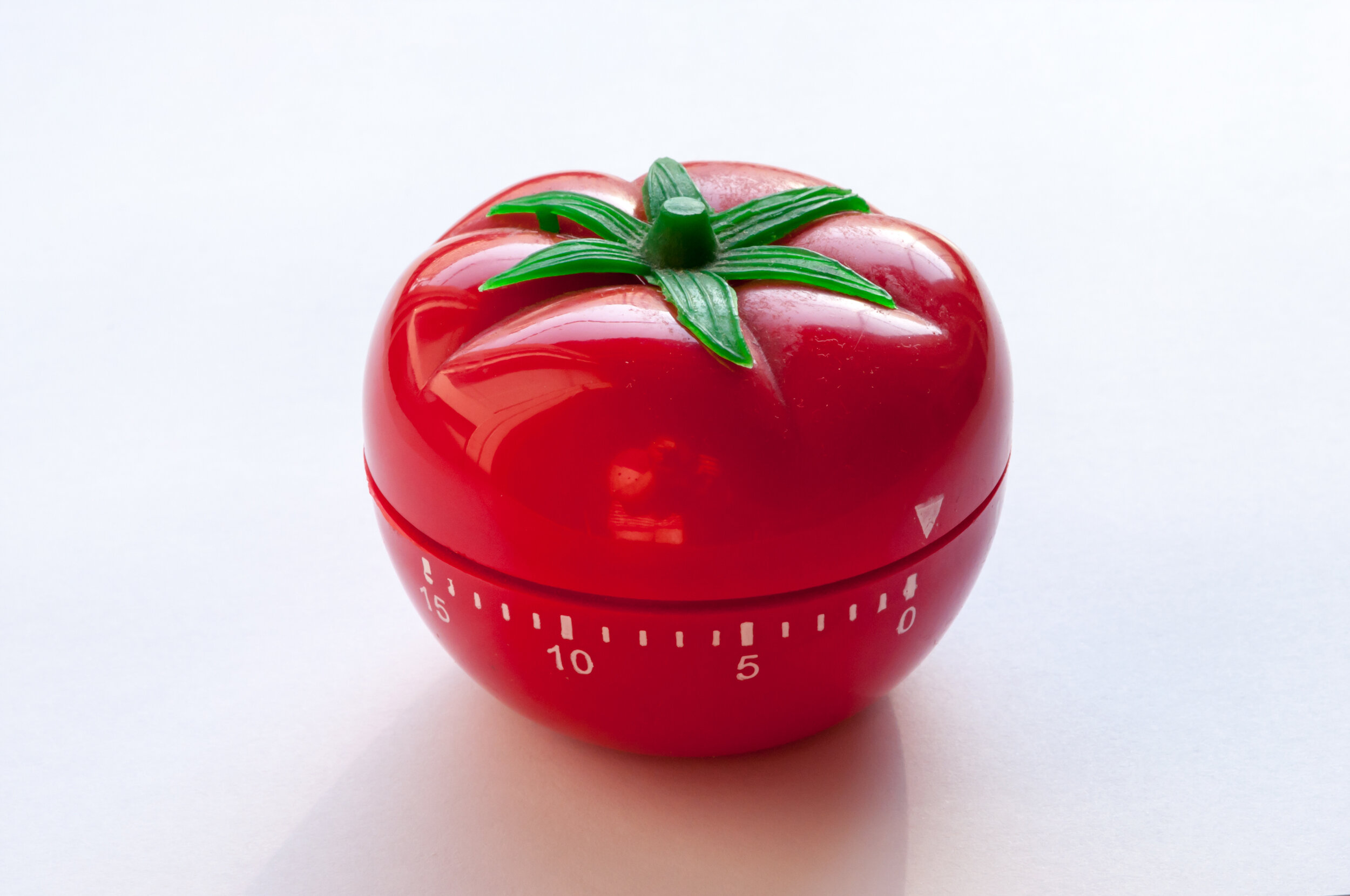Pomodoro Technique ... no excuses for not writing
Life has changed during the last few months, and each of us is sifting through the information about Covid-19, and practising social distancing which seems to be the popular weapon used in fighting Covid-19. This has been proven by those nations who have embraced social distancing and have had fewer cases than those who have chosen other ways of fighting the disease. Is one way better than the other? I’m not sure, I’m not a scientist. I’m trusting our leaders to use their expertise in eradicating this disease.
Meanwhile, that leaves me with more time to write. More time to knuckle down and get words written on current projects. But is that the case? Am I producing more words than I usually do? I wish! The distractions are still there, only different. Before Covid-19 I met with friends for coffee or dinner, to beat the isolation that comes with being a writer. Now the distractions come from within and around the home. What renovations do I still need to do? How are my vegetables growing? I’ll catch up with a friend on a Zoom meeting. Now that I have a new oven, I’ll bake a cake, or three. All those calories and I’ve gained 2 kilos! That means I need to get out and exercise.
The distractions never stop. So how can we stop the distractions and get on with the writing? Here are five tips to get you focused:
Decide on what time you want to write, and for how long. Note your writing time as a regular appointment in your diary and stick to it. If this time was an appointment to see the doctor, or a meeting with a friend, you wouldn’t miss it. Your writing appointment is just as important as your other appointments. An added bonus for keeping your writing appointment, is that you won’t feel so alone and missing catching up with friends. Your mind is focused and your productivity will increase.
Use your last writing session to set up for your next. At the end of each writing session, take time to write a few notes about what you want to write about in your next writing session. Your subconscious will work on those ideas while you are away from your computer, and when you return to write, those points you wrote down will be at the forefront of your mind, waiting to be used. I believe in, and love the power of my subconscious. It keeps working away even though I have finished for the day. I love that it works all night and then in the morning when I am ready to start work, it has the words ready for me to write.
Write in short bursts. If you haven’t heard of the Pomodoro Technique, it’s time. This is a method of time keeping that enables you to write for a short period of time, take a short break, and return to your writing for another short period. This continues until you have worked a few hours and then you take a longer break. When I am feeling distracted and not tuned in to my writing, I use this method. By the time the third period for writing comes along, I am focused on the writing. Knowing that I’m writing for a short time encourages me to focus with some urgency: “I am going to get a lot done before that buzzer goes off”. Here is a link to an article from Francesco Cirillo, the man who invented it while he was in university as a necessity to be more productive. Here’s the link: https://francescocirillo.com/pages/pomodoro-technique
Give yourself a reward. There is nothing like giving yourself a reward after a writing session. You feel good knowing that you have achieved another writing goal. Rewards may be meeting up with a friend for coffee or a walk; reading more pages of your favourite author’s book; if it’s the end of the day a glass of your favourite drink or a plate of your favourite food. Write the reward on a sticky note and place it on your monitor.
Remind yourself what you love about writing. Think back to a time when your writing was flowing through your fingers, so fast you couldn’t keep up with the rush. Lean into that memory and anchor it into your mind and your heart with all the feeling you can muster. Go on, live and re-live that moment until it envelops you with the love and excitement you had for your writing when you first started. Allow it be so all consuming that you are overwhelmed with emotion. Now step away from those thoughts and think about the great time you had on your last holiday, but don’t linger there too long. Go back to that memory of of that fantastic session in writing. Lean in and feel the emotion. While you are there start writing and allow yourself to be carried away with the emotions and the words that you are so passionate about.
I use these exercises at different times, but the one I use the most is number 5. Try each of them for yourself and let me know which one works the best for you in the comments below. Or perhaps you have your own way of keeping focused. I’d love to hear about that, too.
